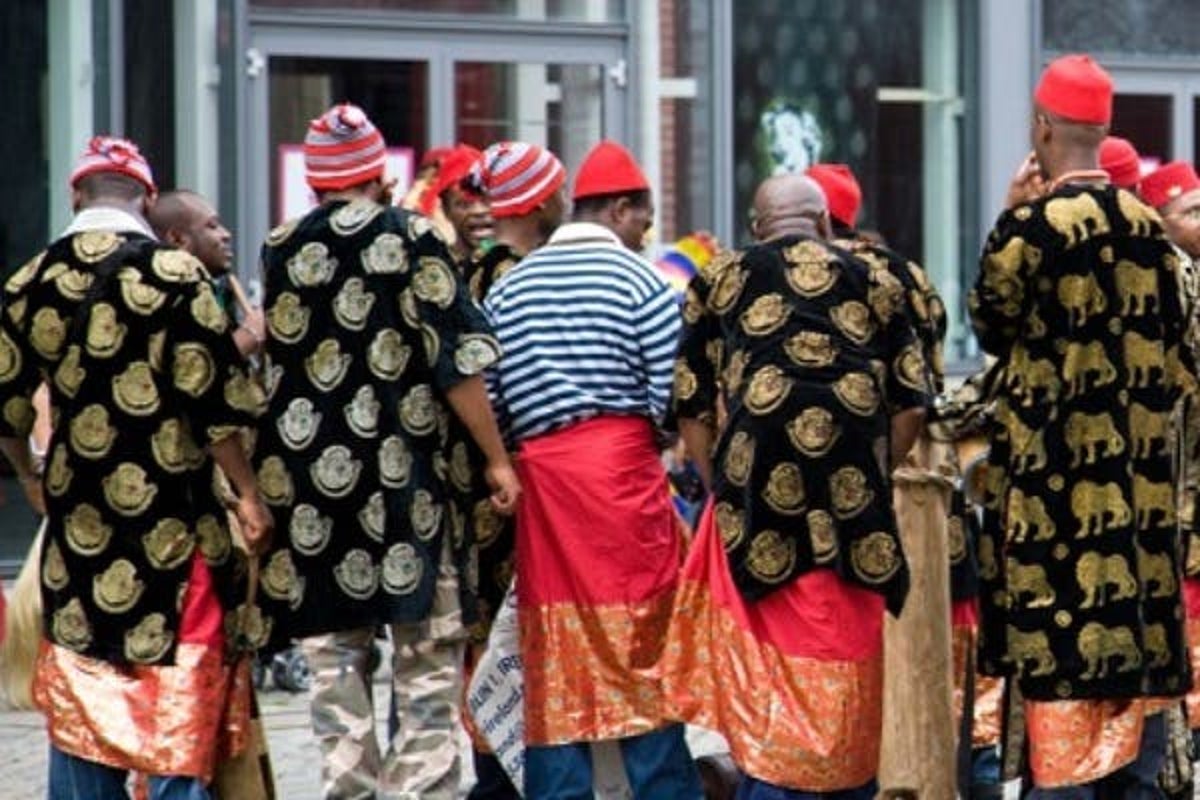
• Says miscreants, not IPOB, responsible for halt in activities
A South-East socio-cultural organisation, known as Igbonine, has blamed the continuous sit-at-home order compliance in the region on the failure of politicians to address the issue of insecurity.
President-General, Igbonine Socio-Cultural Organisation, High Chief Emeka Okonkwo, who spoke at an event yesterday in Abuja to discuss the lingering grinding of business activities across states in the region, hinted that sitting at home is not synonymous with the Igbo people and not their culture.
The group, therefore, said it was constrained to call the attention of Igbo brothers and sisters supporting some misguided youths involved in the damage to the psyche, lives and welfare of the people living in the South-East geo-political region, to the negative impacts of their actions on Ndigbo.
“Apart from loss of lives, we are losing businesses and income on a daily basis from the apparently unending sit-at-home orders.
“We cannot continue this voyage of self-destruction and cutting our nose to spite our face. The state of affairs in the South-East is capable of completely destroying the enterprise of the Igbo man and revising the gains of the Akuluono philosophy,” the group said.
While charging state governors in the region to show seriousness by taking charge of the situation, the group also called on religious leaders, Ohanaeze Ndigbo and other institutions, to consult among themselves on how to end the actions of self-immolation in Igboland.
Okonkwo, who debunked the insinuation that the sit-at-home action was in obedience to the directive issued by Indigenous People of Biafra (IPOB), said citizens were rather confined to their homes by distrust for their leaders.
According to him, people preferred to stay at home for fear of being killed or kidnapped due to failure of the federal and states’ security architecture.
Okonkwo, who insisted that it was the handiwork of miscreants disguising as IPOB members, called for meticulous investigation into the death of Rev. Emeka Mezenu, a priest in charge of St. Andrew’s Anglican Church that was stabbed to death in Imo State.
Mezenu was speculated to have been killed for defiling the forced stay-at-home order as well as allow students to sit for their West African Senior Secondary School Certificate Examination (WASSSCE) at his parish.
The group, which remained skeptical about some of the happenings in the region, stressed that some miscreants had taken advantage of the lacuna created by IPOB protest to perpetuate evil in the region.



